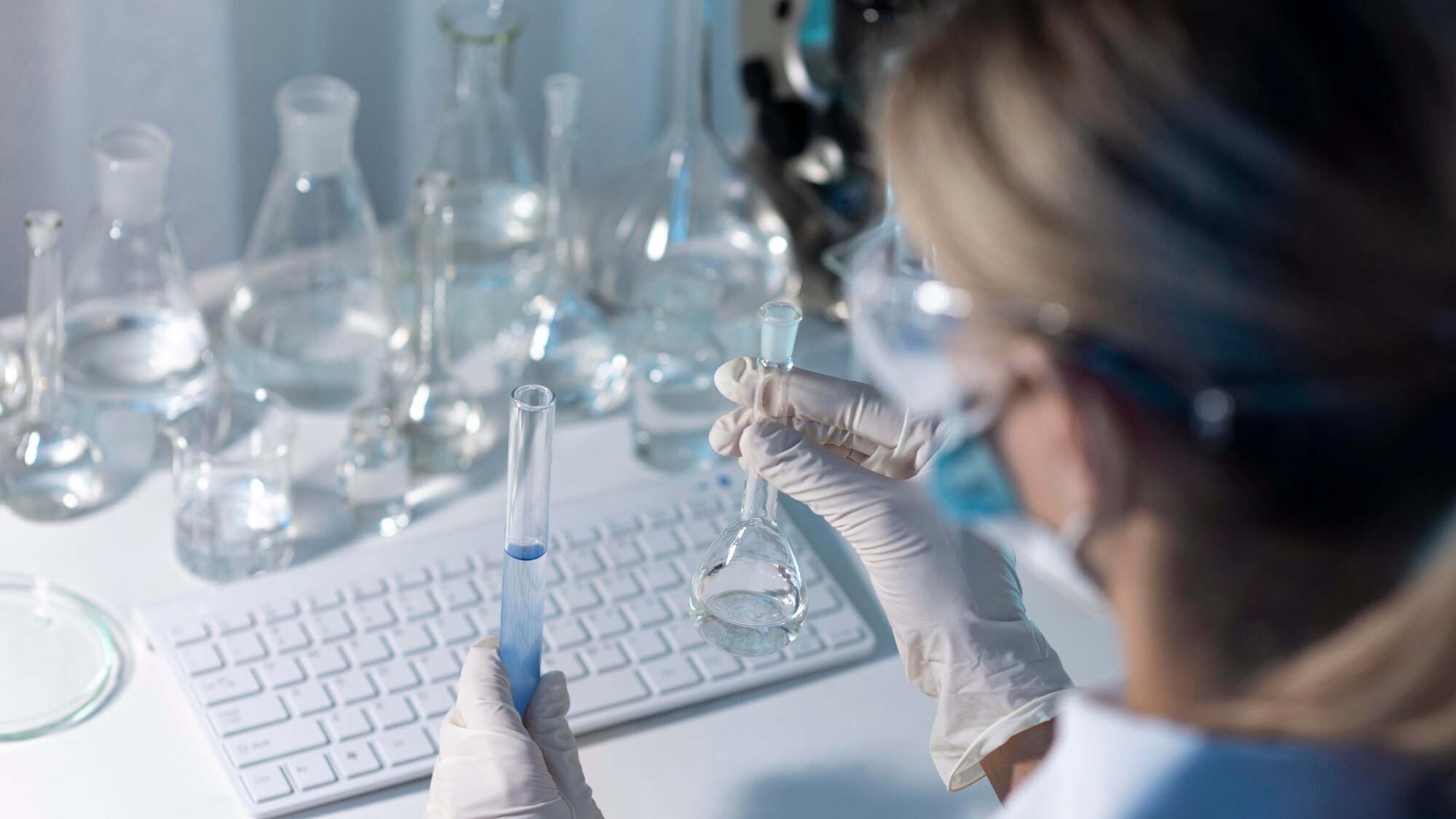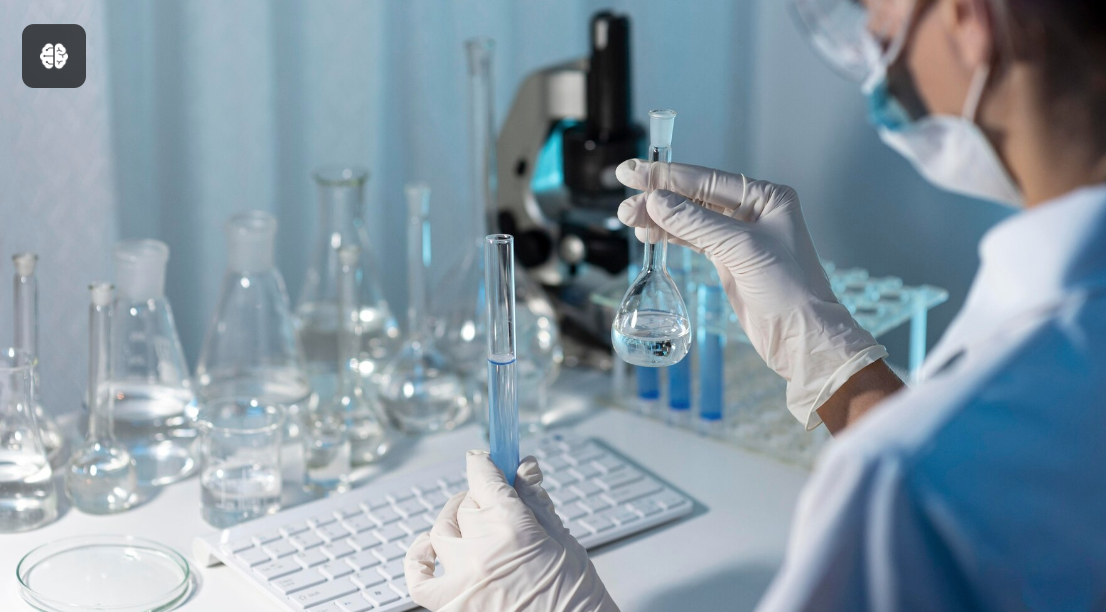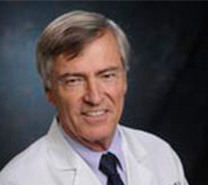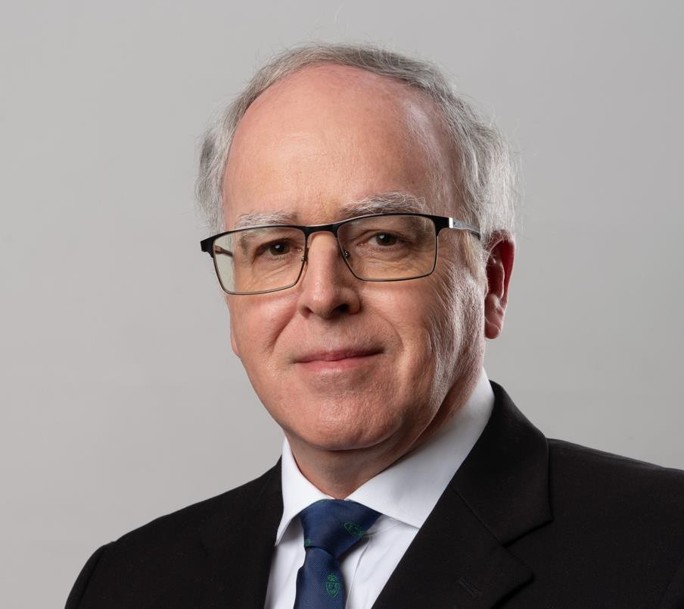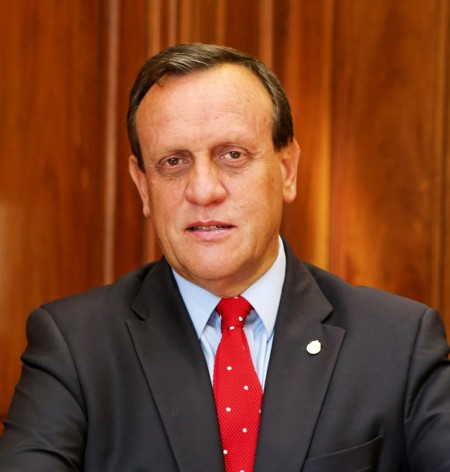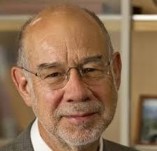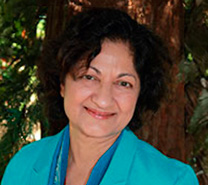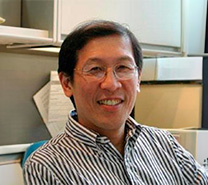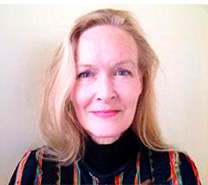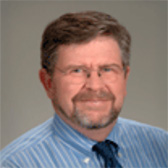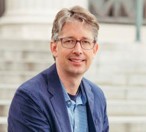Our Story
From Shared Vision to Lifelong Scientific Collaboration
FLAS is an innovative foundation established by Dr. Phillip D. Smith in the United States and Dr. Paul R. Harris in Chile. Their collaboration, rooted in a shared dedication to basic and translational research, began over 30 years ago. Paul, supported by the Chilean government, joined Phil’s laboratory, which was involved in pioneering research on the immunobiology of mucosal infections and gastric cancer, at the University of Alabama at Birmingham. Paul received advanced training in investigative approaches and methodologies, while Phil benefited from Paul’s unique expertise and perspective, underscoring the reciprocal nature of their relationship. Paul returned to the Pontificia Universidad Catolica de Chile and implemented a similar research model and continued to collaborate with Phil on gastric immunobiology and cancer, resulting in multiple publications, collaborative research grants, reciprocal exchange of laboratory colleagues, a career-long scientific partnership and life-long friendship. Paul’s experience illustrates the challenge faced by many early career Latin American scientists – limited local training opportunities in cutting-edge science due to inadequate funding. This problem resonates in scientific communities across Latin America, highlighting the need for better support for investigators, especially early career scientists. FLAS seeks to support talented, early career scientists in Chile, eventually extending the opportunity to young scientists throughout Latin America, for a two-year Fellowship in biomedical research in a leading research university in the U.S.
